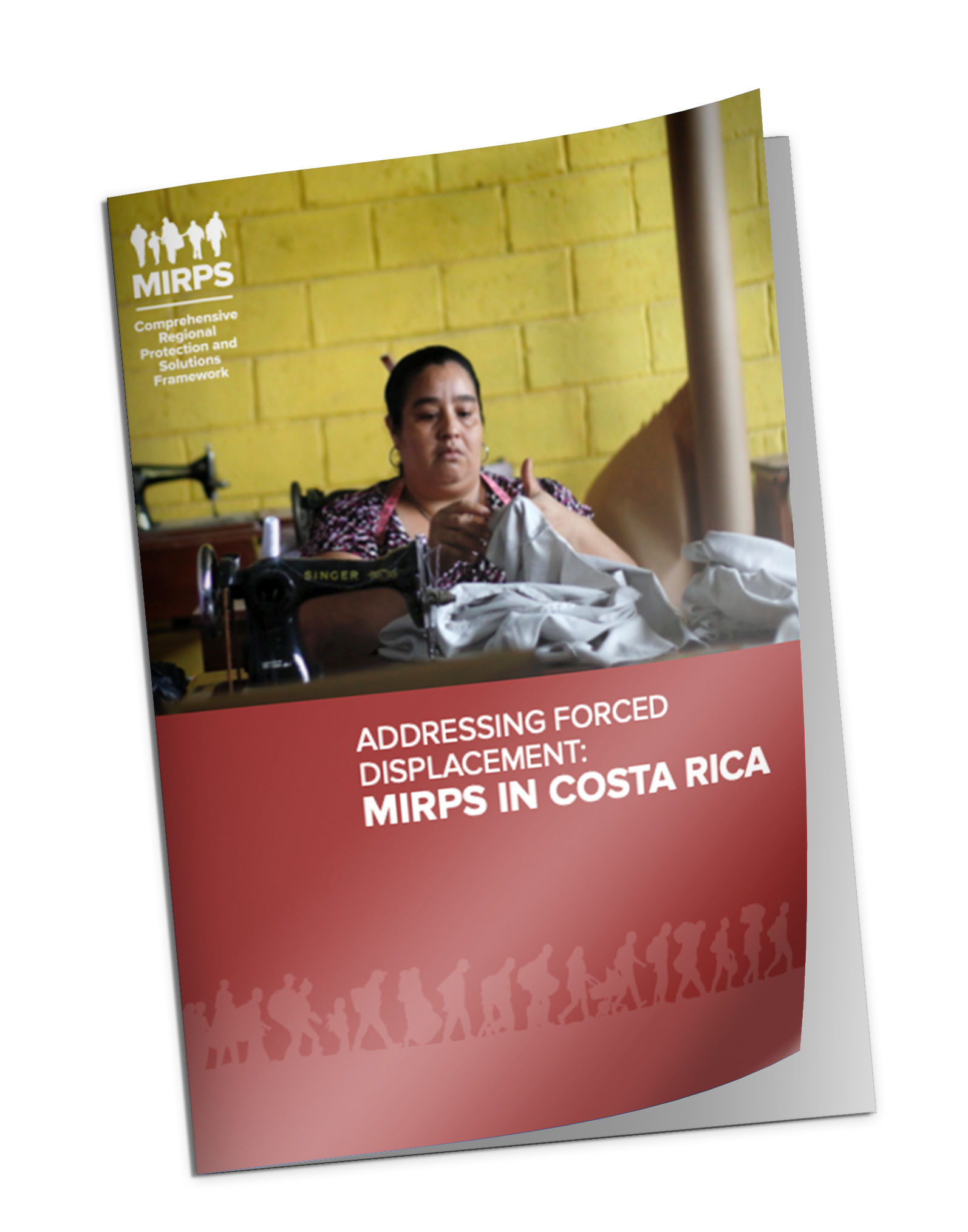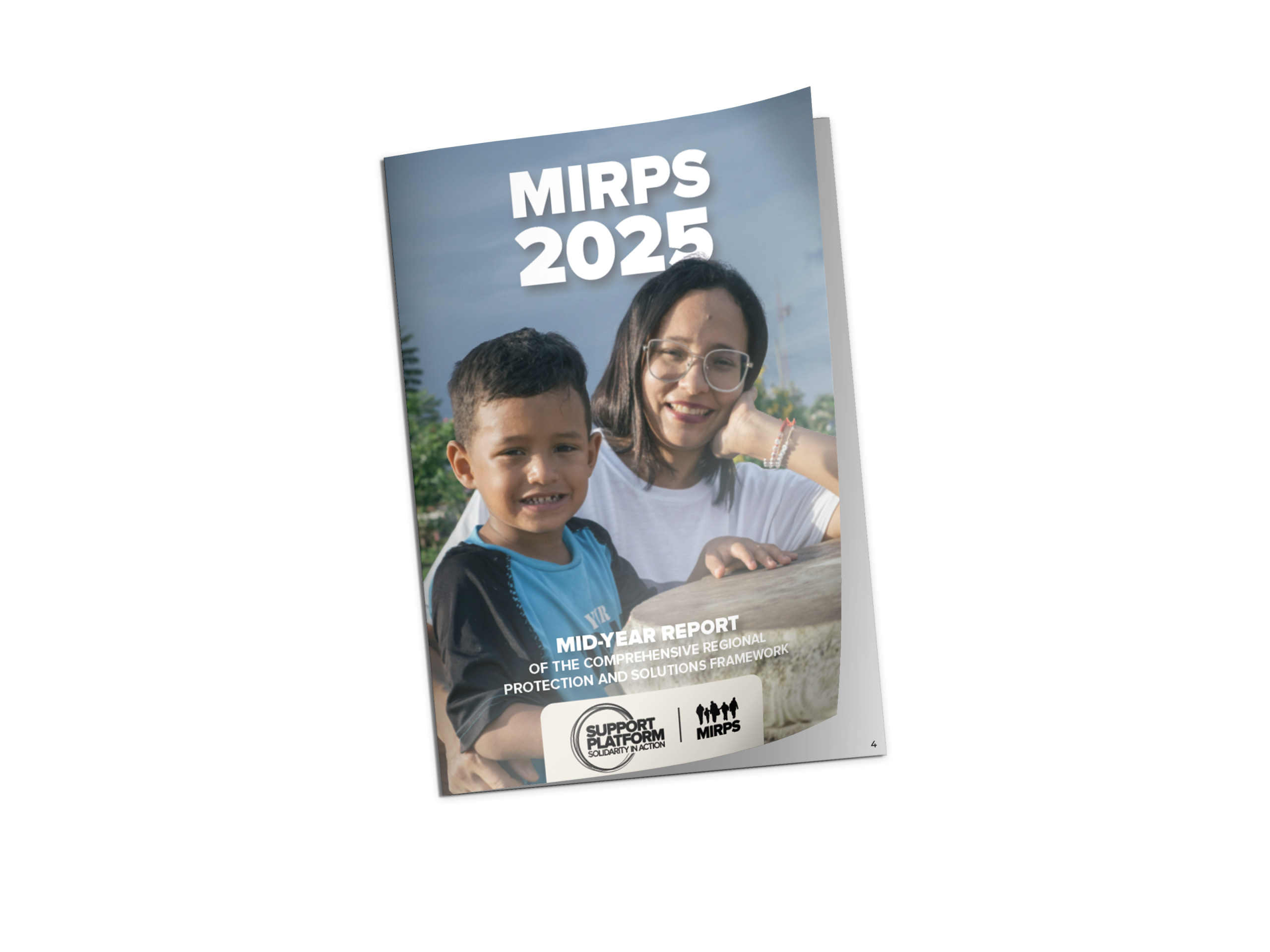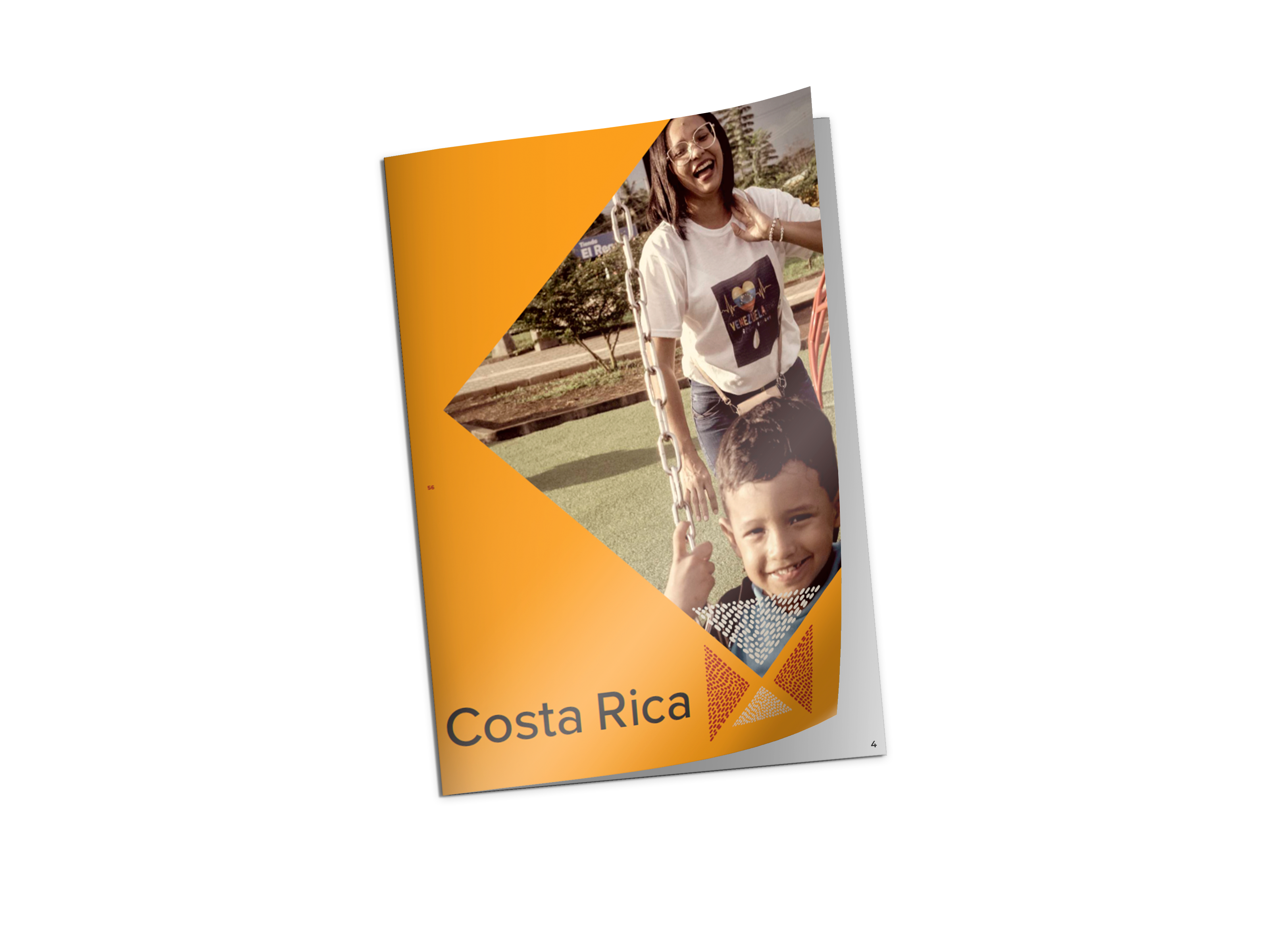Costa Rica
MIRPS in Costa Rica
Costa Rica has a long tradition of providing asylum and protection to refugees and asylum seekers. However, its national asylum system is under pressure because of displacement situations in the region, particularly cross border movements from Nicaragua. The country hosts approximately 102,335 persons in need of international protection, this figure represents 2% of Costa Rica total population. Of those, 92,209 are asylum seekers (mostly Nicaraguans – 79,286) and 9,927 are refugees. To address the situation, Costa Rica has been part of the MIRPS since 2017 and has made progress in the implementation of its national commitments in support of protection and solutions for the forcibly displaced. At the same time, support from the international community in the areas of protection, jobs and livelihoods and social protection will be needed to address the needs of the thousands of people seeking safety in the country.
National Action Plan Focus Areas in Costa Rica

Protection
9 commitments

Jobs and Livelihoods
3 commitments

Social Protection
8 commitments

Education
3 commitment
Progress according to the 2025 Mid-Year Report

The Refugee Unit and UNHCR designed a strategy to address and prevent backlogs in asylum applications. A cut-off of 203,900 accumulated cases was made as of May 2024. Since its implementation, 55,199 applications have been resolved, reducing the backlog by 19%.

Through the National Employability and Human Talent Strategy Brete, 864 foreign nationals, including refugees and asylum-seekers, accessed employment services. In addition, 175 were trained on labor rights to support their socioeconomic integration and access to decent jobs.

Through an agreement between UNHCR and the CCSS, 3,331 asylum-seekers and refugees gained access to collective health insurance.



